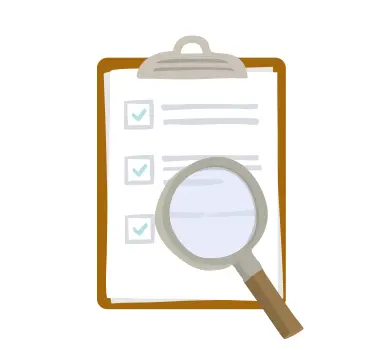Care for your health!
Find the nearest specialist
Book a private consultation and get in touch with one of our well trained and experienced doctors. We cover a large variety of specialties, with available locations both on the East and West Coast.
Are you a doctor? Do you want to get listed?
Featured doctors
Featured specialties
We cover a large variety of specialties, with available locations both on the East and West Coast.




